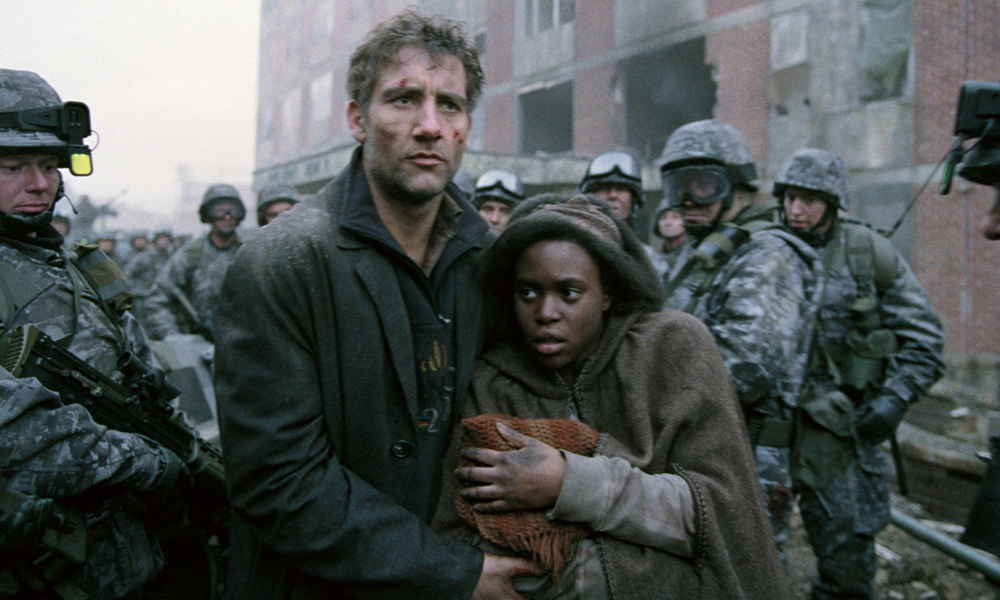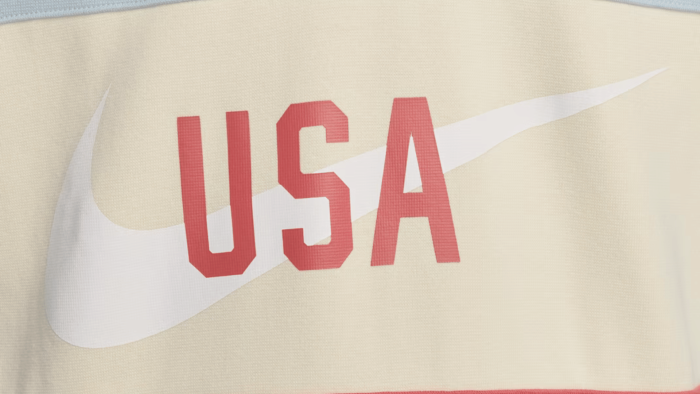Every day, another disaster. Every day, a fresh calamity. Every day, a brand-new reason to think about building a doomsday shelter. It is exhausting living in unprecedented times, especially when new unprecedented developments pop up as if they’re competing with the last unprecedented development. The world is resilient and so are we, of course, so while there’s reason to feel anxious and to despair, there’s reason for optimism, too, And if you can’t find that optimism, queue up one of these end of thew world movies for a nice revitalizing tonic. As bad as you think we have it, the characters in each of these picks all have it worse.
The Best End of the World Movies
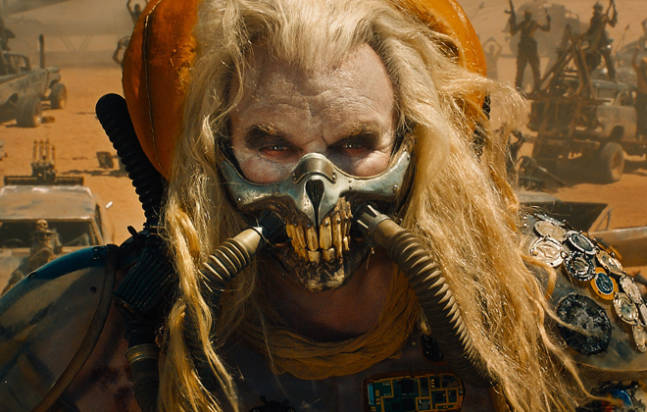
Mad Max: Fury Road
When the world doesn’t end but does get so thoroughly messed up that it’s totally unrecognizable from the world we know and love, how do people scrape by? George Miller’s unequivocal answer is, “form tribal societies of leather-clad desert barbarians and go to war with other tribal societies over resources like oil and water.” As crazy as Mad Max: Fury Road gets from the first frame to the last, the story of how the movie came to be is even crazier; dig into Kyle Buchanan’s Blood, Sweat, & Chrome for more on that. Then, go watch this movie, likely for the umpteenth time, for a peerless vision of a future post-apocalypse unlike any imagined in cinema since–or before.
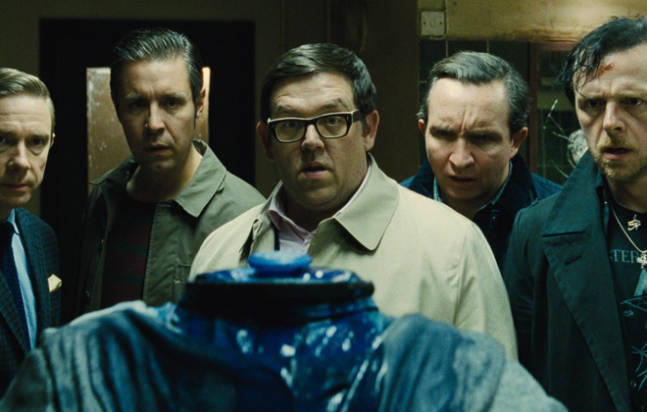
The World’s End
When the world ends in The World’s End, Edgar Wright invites us to wonder: Would the end of the world really be that bad? No Twitter. No Facebook. No Instagram. No Elon Musk or Jeff Bezos. No mini-computers glued to the palms of our hands, provoking our anxiety with push notification after push notification about daily national tragedies. The tradeoff? No ice cream. Seems like a bargain. Many will stump for Shaun of the Dead as the crown jewel of Wright’s Three Flavours Cornetto trilogy, but The World’s End, for our money, is the most accomplished, heartfelt, and mature of the pack, bolstered by superb cameos by everyone from Pierce Brosnan to David Bradley, not to mention S-tier fight choreography from the late, great Bradley James Allan.
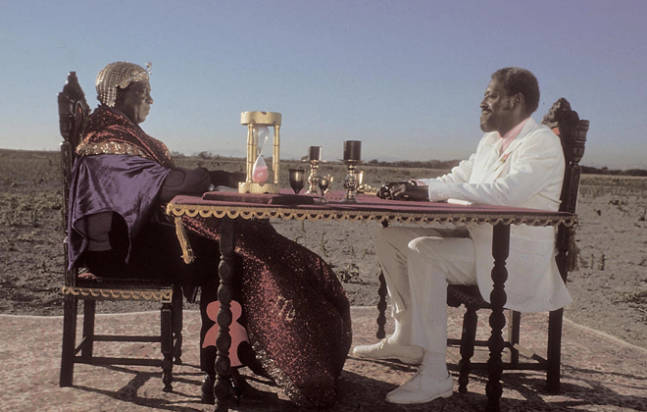
Space is the Place
If you felt so inclined, you could argue that maybe Sun-Ra’s doesn’t blow up the planet when he finally decamps from Earth with Black Oaklanders in tow. This seems a little naive, of course; Space Is the Place “suggests” the world’s end the way that Jeff Bezos’ New Shepard rocket “suggests” a phallus. You’d rather have a ticket to board Ra’s ship, of course. He wants to resettle Black Americans on a brand new planet using music as his method of transportation. But he has to get through racist NASA scientists and the Devil, or at least someone like the Devil, to get there! This is an Afrofuturist gem of a film.
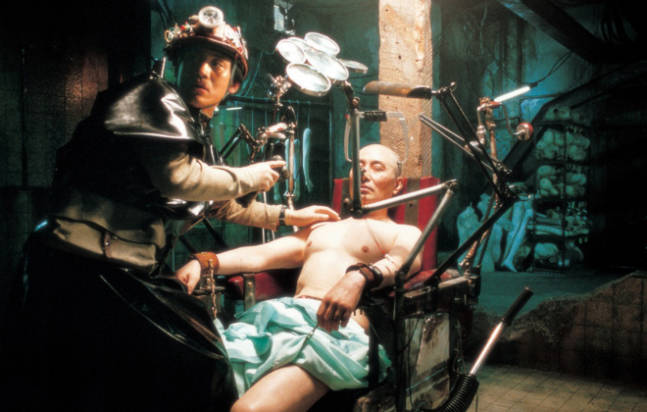
Save the Green Planet!
It goes without saying that movies about the world ending tend to be king bummers by nature, but the biggest king bummer on this list is quite arguably Jang Joon-hwan’s Save the Green Planet! on account of its final images. The rest of the film isn’t exactly a barrel of laughs, either. A deeply disturbed man (Shin Ha-kyun) kidnaps a pharmaceutical executive (Baek Yoon-sik) under the delusion that the exec is actually a high-ranking alien imposter capable of contacting his race and halting their imminent invasion of Earth; Jang entrenches us in the former’s view that we’re never for a moment sure if the latter is just a regular ol’ dude or a menacing extraterrestrial in disguise. Once the truth is made clear, we’re only minutes away from one of the most depressing endings in the history of cinema.
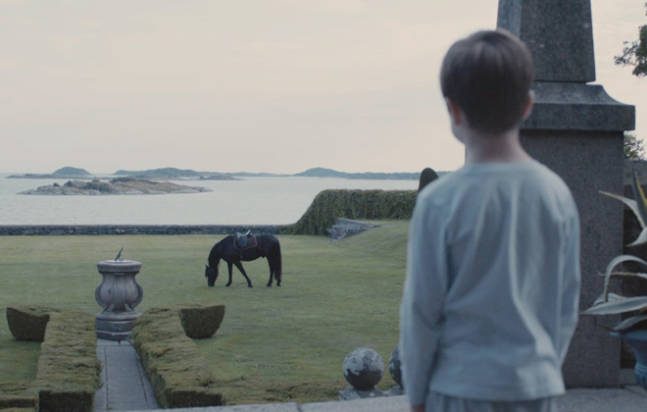
Melancholia
The biggest downer in a niche largely comprising downers, where the narrative is so determinedly glum that the gut wrenching ending doesn’t hit quite as hard as you’d likely expect. It’s still depressing! That’s not even a question. But as a general rule, the films of Lars von Trier rarely if ever qualify as “upbeat” or “cheery,” so Melancholia’s overarching lugubriousness is a feature, not a bug, and maybe to an extent the finale is meant to be taken as relief, as awful as it may be.
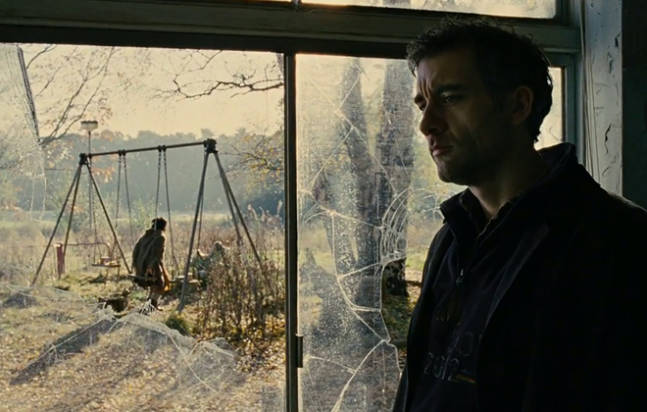
Children of Men
Alfonso Cuarón’s best film isn’t the only hopeful film on this list, but it’s arguably the most hopeful, unless you define “hope” as “access to water in a barren desert wasteland only recently ruled by deformed patriarchal warlords.” (That does sound like hope, in all fairness.) But Children of Men builds up to and concludes on a note of true optimism, a quiet, gentle suggestion that in the absolute bleakest circumstances where all the world has lost its marbles, there’s a chance for redemption, for salvation, for recovery. Faced with so much grief and so much wanton, reckless destruction, we are left with Cuarón’s big idea: That even in darkness, hope is a powerful force.
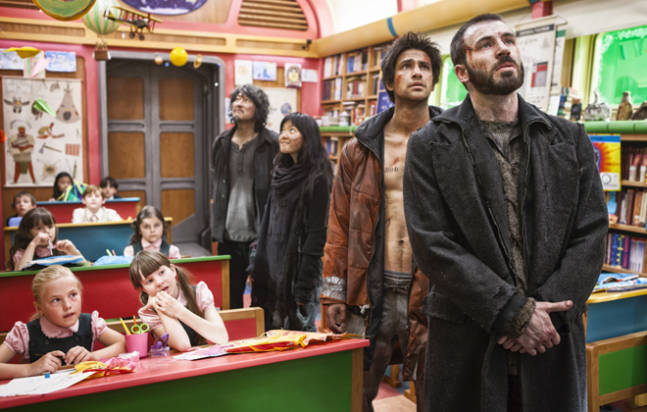
Snowpiercer
One of the best commercial filmmakers in the world, if not the best, made one of the best post-apocalypse movies of all time, if not the best, and he somehow managed to sneak in a line about Captain America eating babies. Unbelievable. Bong Joon-ho’s masterpiece is either Memories of Murder or Parasite, depending on who you ask, but Snowpiercer comes close behind both, and like the former and latter seamlessly blends blistering social commentary with high-tension entertainment. Bong movies may be enjoyed purely for the experience and for thrills; Snowpiercer may be the purest example of his gifts as an entertainer, which says quite a lot given the material.
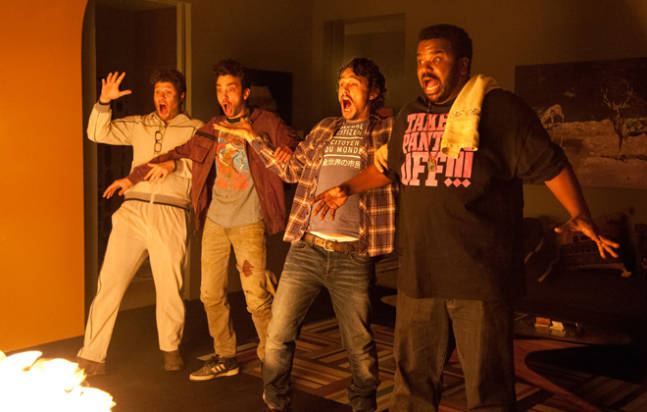
This is the End
If dying a horrible death with virtuous intentions means getting your ticket punched to the neverending party that is Heaven, well: Wouldn’t you charge a demon head-on with the lamest makeshift weapon you could cobble together? Maybe you aren’t a Backstreet Boys fan. Fine. Pick another band. It’s Heaven! Anything you wish for comes true! This is the End is a wish come true in its own way. File the film under “this got made so a bunch of best buddies could hang out together on a studio’s dime,” except it’s actually good.
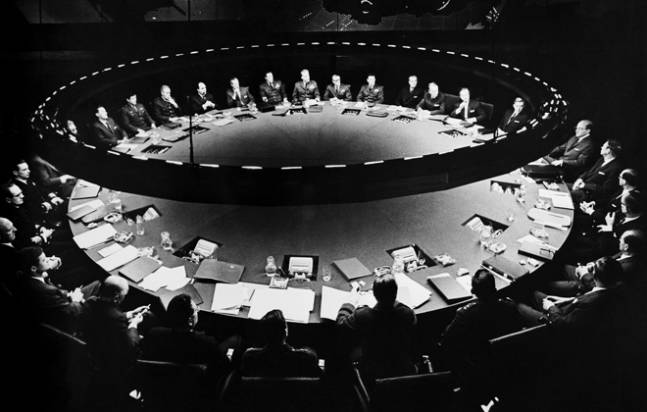
Dr. Strangelove
There are worse ways to go than riding an H-bomb like a bucking bronco. There are also far better ways to go, though if you’re Major Kong, a cowboy stereotype made flesh by character actor Slim Pickens, that might be the only way to go. Dr. Strangelove feels, in 2022, maybe a little too relevant, and perhaps lands a little too close to home given the circumstances the world is in courtesy of a certain Eastern European country trying just a smidge too hard to flex muscle over another certain Eastern European country; this, of course, speaks to the elastic power of Stanley Kubrick’s black comic masterpiece, sharp and agile and light on its feet all while making astute, and enduring, observations about man’s tendency to blow himself to bits for the sake of a dick-measuring contest.
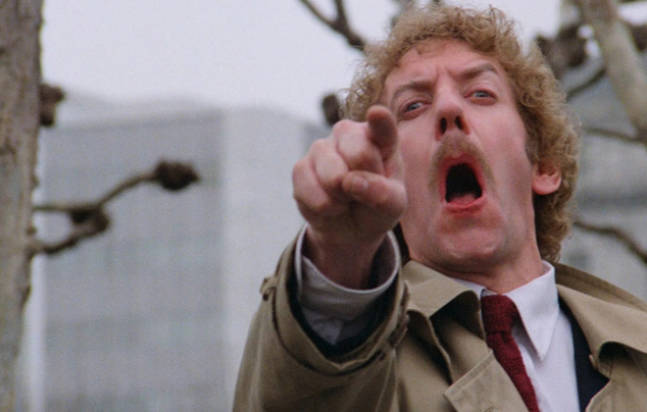
Invasion of the Body Snatchers (1978)
Chances are that for a not-insignificant chunk of people, Philip Kaufman’s 1978 take on Jack Finney’s 1955 novel The Body Snatchers has been immortalized in popular culture by the process of memeification. Donald Sutherland’s wild-eyed finger-pointing shriek is, in fairness, an indelible moment in not only the film but in 1970s cinema, science fiction cinema, and genre cinema in holistic terms. But Invasion of the Body Snatchers hits on a deeply ingrained American fear about the subsumption of identity; this is a movie about loss of that individualist character that makes America, for better and worse, America. What’s more terrifying to the average American than being unceremoniously stripped of their rights and liberties? Not much. Except maybe Sutherland screaming.

